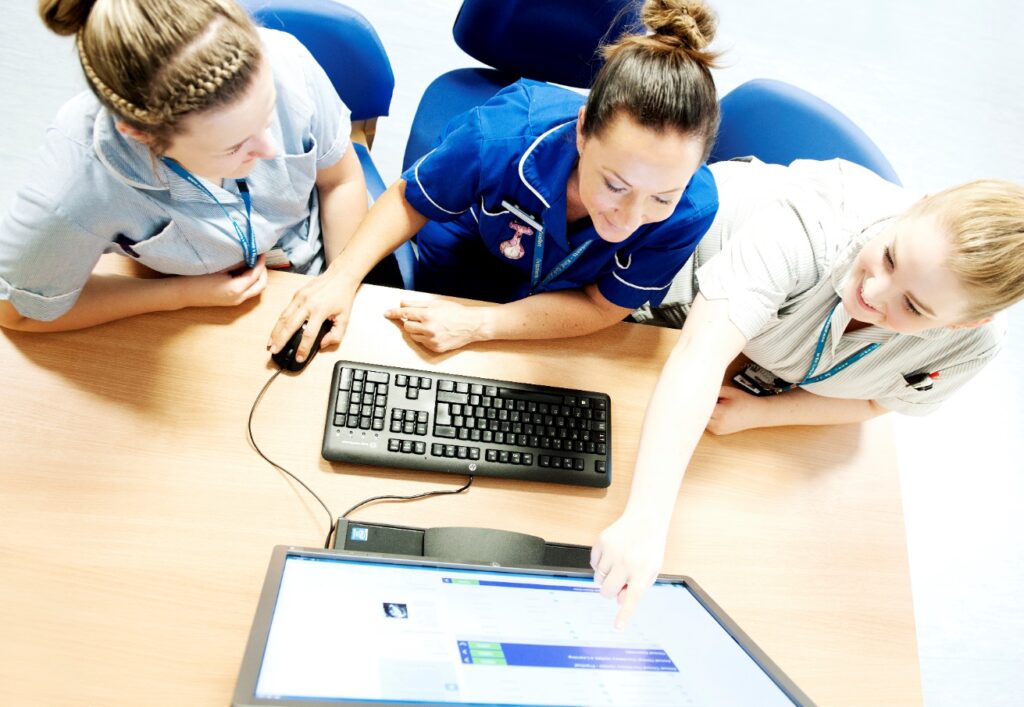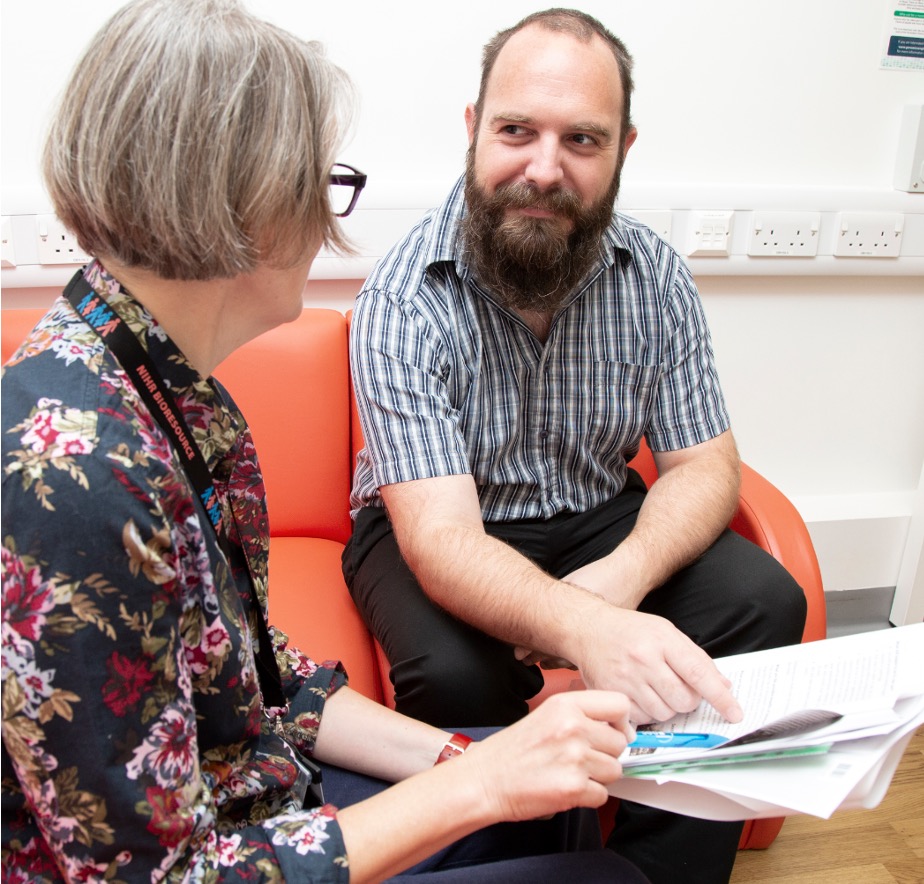Data Science and Population Health


This theme’s focus
- Genomics in healthcare
- Therapeutic target prioritisation
- Addressing multimorbidity through data-driven studies
- Risk prediction and screening
Large population studies investigating the links between genetics and disease, such as the 100,000 Genomes Project, NIHR BioResource and the UK BioBank have created huge amounts of data on health and disease and further studies large and small continue to create valuable data every day. The rapidly increasing availability of complex health data provides an exceptional opportunity to transform health outcomes at individual and population levels as well as to enhance healthcare efficiency.
The goal of the Data Science and Population Health theme is to make use of these enormous amounts of data to improve early detection and prevention of heart attacks, strokes, dementia, infections and cancers in the UK over the next decade. Working with other themes across the NIHR Cambridge BRC, we will develop, evaluate and distribute complementary computational systems and tools that can identify and interpret important, usable patterns hidden in large, diverse and constantly growing biomedical data sets.
Our efforts and tools will help us to understand the early origins of disease, identify promising targets for intervention and untangle the complexities of multimorbidity, ultimately improving the lives of people living with multiple long-term conditions.
We are building the infrastructure, expertise and oversight framework that will allow us to maintain and enhance our international leadership in this field, as well as reflect our strong values: promoting equity and avoiding bias in healthcare, embedding patients and public representatives in our leadership and operational structures, and ensuring our research benefits underserved and marginalised communities.
The Data Science and Population Health theme will address two overarching research questions:

How can research in biostatistics, machine learning and artificial intelligence (AI) be used equitably and at scale to improve healthcare in diverse settings?

How can a “molecule to e-health record” strategy combining multiple kinds information (such as genetics, imaging, test results and health records) from millions of UK individuals, improve understanding, treatment and prediction of multi-morbidity and disease?
For more information
- You can watch previous talks from our research teams on YouTube.
- Read about ‘Behind the Curtain’ where a piece of research was turned into theatrical production and post-show discussion looking at the health information hidden in your DNA. The piece is available to watch online or you can read the paper.

